Should communities restrict the kind of music their members listen to or produce? Most of you, I’d venture to guess, would laugh at the question, and consider it a preposterous idea. In today’s world, people listen to a huge variety of sounds, available instantly on Spotify or Apple Music, and those sounds include everything from classical music to pop, folk, or jazz music, and the music within each of those broad categories varies greatly across time and across country or city of origin in the structure of modes, rhythms, and instrumentations.
Within classical music alone there is an enormous variety of sound written by its greatest composers – a diverse pantheon that includes Bach, Mozart, Beethoven, Puccini, Tchaikovsky, Ravel, Mahler, Stravinsky, and scores of others. Within jazz there is also great variation – consider differences in the music of Louis Armstrong, Charlie Parker, and Miles Davis, to name only a few. Within the last several decades of popular music there are an uncountable number of different genres – George Harrison, Tom Jobim, and Manos Hadjidakis, just to pick three of my personal favorites, all wrote gorgeous and brilliant popular music in the 1960s and 1970s that was very different from each other’s, and each of them drew on other musical traditions. Within folk music from around the world, the variety across time and space in modes and rhythms and instrumentations is even greater. How could anyone want to restrict the kind of music we listen to or play, given the wealth of great music that emerges from a world without restrictions?
The history of arguing for restrictions on music, however, features some distinguished advocates – including Plato – and their thinking cannot be summarily dismissed. These prominent advocates of restrictions on music certainly were well intentioned; they recognized the unique power of music to convey emotion and attract listeners, and saw that power as potentially dangerous – a source of moral corruption. Restrictions they advocated were intended to protect the vulnerable (especially the young) and, in doing so, preserve the values of the community.
If you saw the recent movies about Elvis Presley or Bob Dylan, you know that even recently, in popular and folk music communities, some similar forces attempted to constrain Presley’s and Dylan’s artistic freedom. Pete Seeger reportedly wanted to cut the cables during Dylan’s 1965 Newport Folk Festival performance to prevent the use of electrified instruments, which he and many others considered anathema.
Let’s take a closer look at the foundations of the argument for restrictions. Consider Plato. In The Republic, when discussing music, the dialogue first notes its importance to guide young souls toward reason; specifically, that it is important “from earliest childhood” to…
… guide them to likeness, to friendship, to harmony with beautiful reason.” “Yes,” he said, “that would be far the best education for them.” “And is it not for this reason, Glaucon,” said I, “that education in music is most sovereign, because more than anything else rhythm and harmony find their way to the inmost soul and take strongest hold upon it, bringing with them and imparting grace, if one is rightly trained…(401d)
The note to this passage in the translation of The Republic from which I am quoting also points to Schopenhauer’s related view. Following Plato, Schopenhauer saw music as uniquely powerful metaphysically because the other arts imitate the external manifestations of the universal Will, while music represents the Will directly. So it is out of profound respect for its power that Plato advocates restrictions on music. (For a deeper dive into Plato’s theory of how music affects the soul and body, see Sophie Henderson’s English translation of Francesco Pelosi’s Plato on Music, Soul and Body, Cambridge University Press, 2010.)
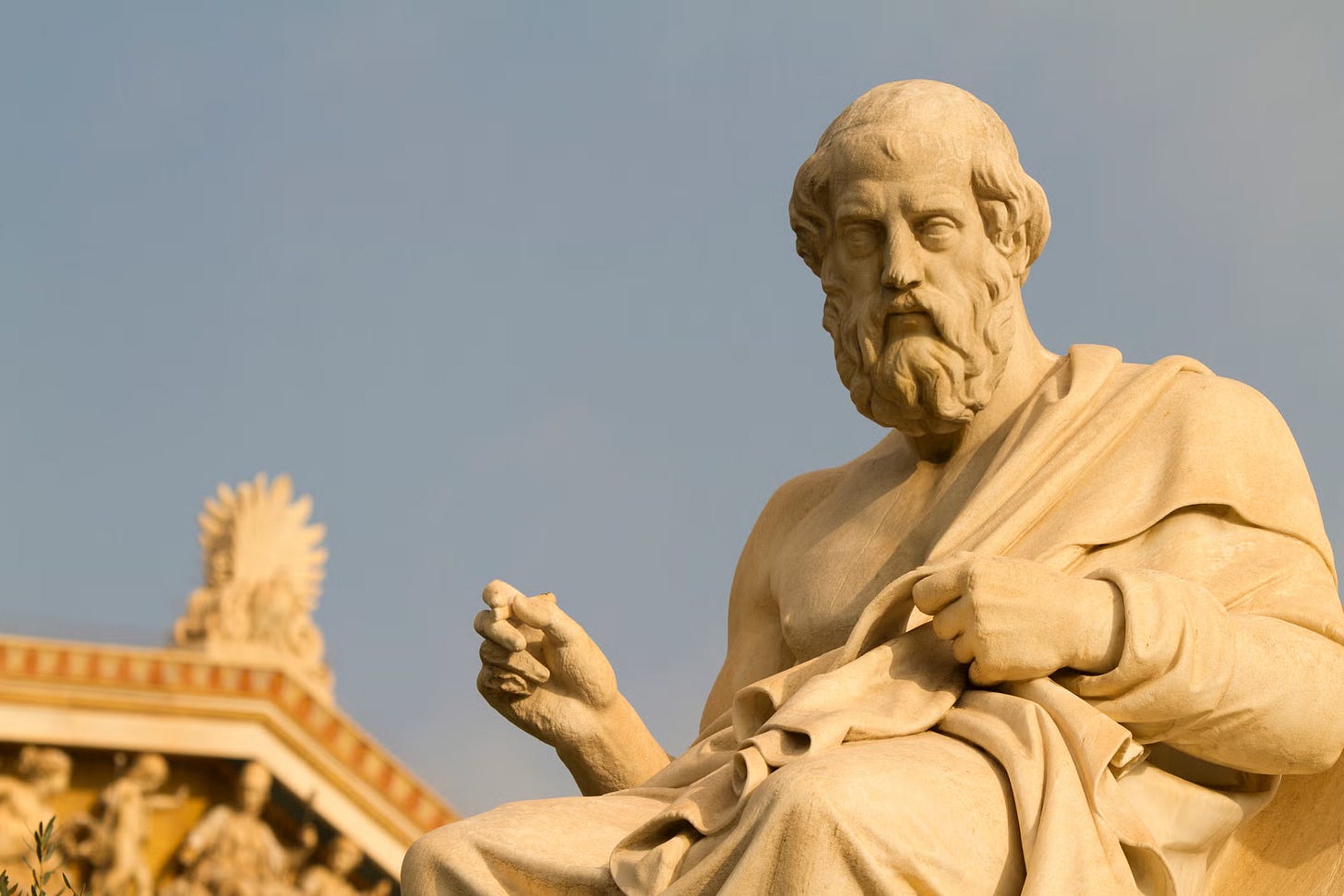
Plato’s advocacy of social restrictions on music appears a little later in The Republic:
Let no one lightly suppose that the poet is merely composing new songs, rather than introducing a new mode of music—and let no one praise him for that. One must neither praise such innovation nor believe it harmless. For one must be cautious about changing the form of music, since it endangers everything. Indeed, musical innovations are never made without affecting the most important political laws, as Damon says, and I am persuaded. (424c)
Innovations in music “endanger everything.” Tradition must be restricted if young souls are to be guided properly toward reason and fulfill the good. Yes, in case you didn’t know, Plato was a bit of an autocrat!
About seven centuries later, St. Ephraim of the Antiochian Orthodox tradition created perhaps the first Christian music in the fourth century to provide an alternative to distracting popular music, which reportedly had been encouraging people to skip church for secular performances. In doing so, he drew upon both the Jewish rabbinical music tradition and the folk music traditions of multiple cultures. St. Ephraim fought fire with fire, using the beauty of the new church music to counter the alluring appeal of popular music and attract people back to church. That illustrates my own view that the best way to respond to music (or speech) that you don’t like is by creating music (or speech) that you do like. Subsequent church fathers continued to advocate the use of music. St. Basil the Great, in the Greek Orthodox Tradition, advocated the use of chant in the 4th century, and incorporated it into liturgical practice to enrich worship, seeing it as contributing to the solemnity, beauty, and sense of awe appropriate to religious services.

How did the great theologians of the church feel about secular music? Did they favor censorship? Two of the most important 4th century theologians, St. Basil the Great and St. Gregory the Theologian – both of whom had studied the classics during their secular education in Athens – were strong advocates of secular learning, which must have included music, although they do not explicitly mention it. They do explicitly mention the importance of education for young people, and the inclusion of secular texts in that education. As Fr. Kevin Kalish discusses at length in a recent article (available at this site):
Gregory considers education the highest of all human endeavors. He gives such high praise not only to ‘our education’, that is, Christian education, which concerns itself with salvation and spiritual contemplation; but he also praises what he calls ‘external culture’— in other words, secular learning. Some Christians had thought this external culture was dangerous and led away from God. Gregory … [showed] why those who think secular learning dangerous are in error.
Fr. Kalish then discusses the similar view of St. Basil the Great:
Basil, in his Address to the Youth, gives a more widespread explanation of how secular learning works to train the youth for their more advanced studies of the true philosophy….
What is most surprising about Basil’s advice is that he suggests the youth cut their teeth on secular texts before turning to the higher truths of the Bible. Basil says: “Indeed, so long as you are unable, on account of your age, to comprehend the depth of their [the Holy Scriptures] meaning, in the meantime we might, as it were, train the eyes of the soul in shadows and reflections, imitating those who practice drills in military exercises; who, after acquiring experience by weight-lifting and dancing, when the contest comes, reap the benefit from their training.” ….This language of training the eyes of the soul in shadows and reflections emphasizes how secular learning is preparatory; it is preliminary to further study, the study of God’s word. Furthermore, this language shows how much Basil himself gained from secular learning, since the imagery Basil uses comes from Plato, the great pagan Greek philosopher. Basil continues, saying that the youth are “like those becoming used to seeing in water the sun, so too we shall direct their eyes to the light itself.” One cannot start off looking directly at the sun because its radiance would be too bright; instead, one needs to strengthen the eyes by looking at reflections of the light.
Note that there appears to be a stark difference here between Gregory and Basil, on the one hand, and Plato, on the other. Gregory and Basil don’t see secular literature as dangerous, and Basil even points to the appreciation of secular literature as a desirable first step in the learning process for young people before they are ready for Orthodox religious training. As Fr. Kalish points out, the key understanding that underlies this belief is that the secular texts they are discussing are about virtue, and therefore, partake of goodness and truth, both of which have God as their origin. That is what makes them worthy of study.
I would apply that same argument to music, but emphasize that in the case of music, it is the experience of another attribute of God – beauty – that is the essential aspect that makes studying all kinds of music so worthwhile. And, for music, I would go even farther than Basil or Gregory do in their discussions of literature. In their arguments, they defend that study of secular literature only insofar as it extolls virtue and goodness. But in defending secular music, I would include music even if it does not do so. Why? Two reasons.
- First, understanding darkness, and how we climb out of it, seems to me a necessary activity for Christians (for details, see the blog on our website entitled, “Why I Wrote Evlogía”). In Evlogía, for example, we feature four poems by the Christian poet, Michael Haldas, that explore the dark side of human struggles to connect with God. Haldas’s poem, Blood, Blood is about his own experience of suicide’s effect on those left behind. Climbing Ladders is about finding one’s way back after taking the wrong path. His poem, Deliverance, considers the challenge of helping loved ones who are spiritually lost. The Dark Light of the Soul concerns the internal struggle with the darkness within us. I encourage you to read or listen to those and see if you don’t agree with me that coming to grips with darkness by first-hand experience can be a path to light.
- Second, I don’t accept the idea that beautiful music, even when its text is not consistent with religious beliefs, is dangerous. According to the great Charlie Daniels, the devil is an impressive fiddler. There is no denying that even music connected to texts that celebrate darkness can be beautiful. But if all beauty is from God, then how do we make sense of the ungodly use of beauty?

I call that the “beauty paradox.” Like all paradoxes, the beauty paradox has a resolution: Christian theology tells us that our fallen world distorts and perverts all the gifts of God, including beauty, and will continue to do so until Jesus returns to end such perversions once and for all. In the meantime, I like to think that when beauty is attached to ungodly purposes, that is God’s way of peeking out of every corner to remind us that he created everything (including Satan), and that eventually, beauty will serve only His divine purpose. In that sense, one could say that when beautiful sounds are attached to perverse ideas, they help to subvert the ungodly messages they are attached to.
I conclude that even the most Orthodox of Christian believers should not advocate placing restrictions on music. Of course, I still embrace church traditions that limit the kinds of music performed during religious services, or in church edifices. But those traditions cannot be a basis for limiting musical freedom in society at large, nor should we tell our youth that they are forbidden from listening to any music, even when its texts do not meet with our approval. If the music isn’t beautiful, it will soon lose its appeal to them. If it is beautiful, we can trust that God will use their listening to some good effect.
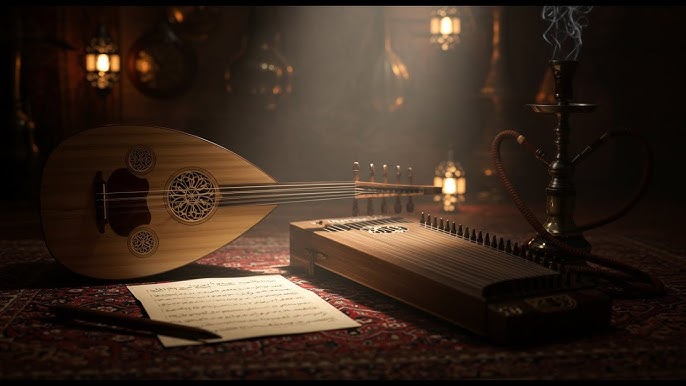
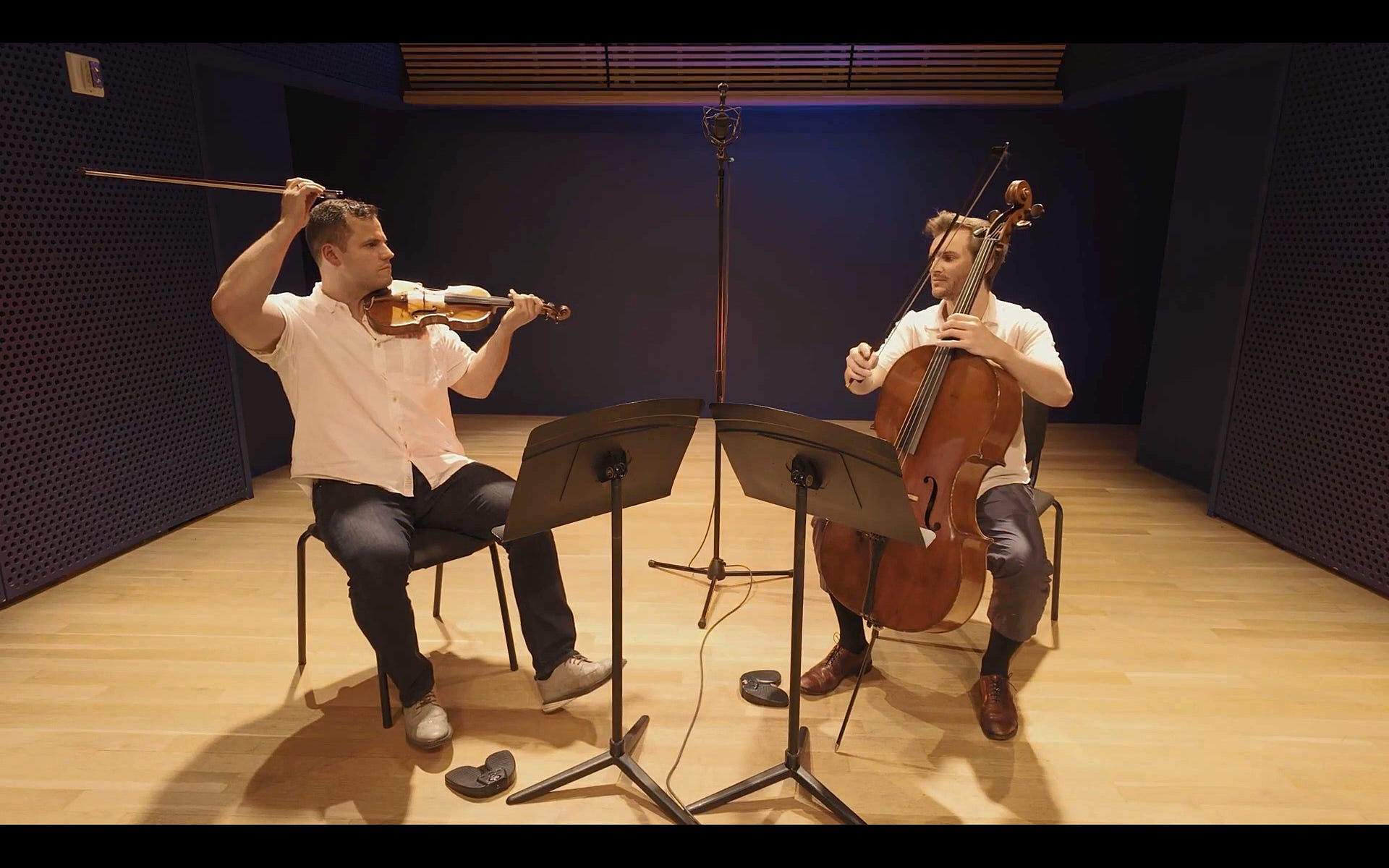
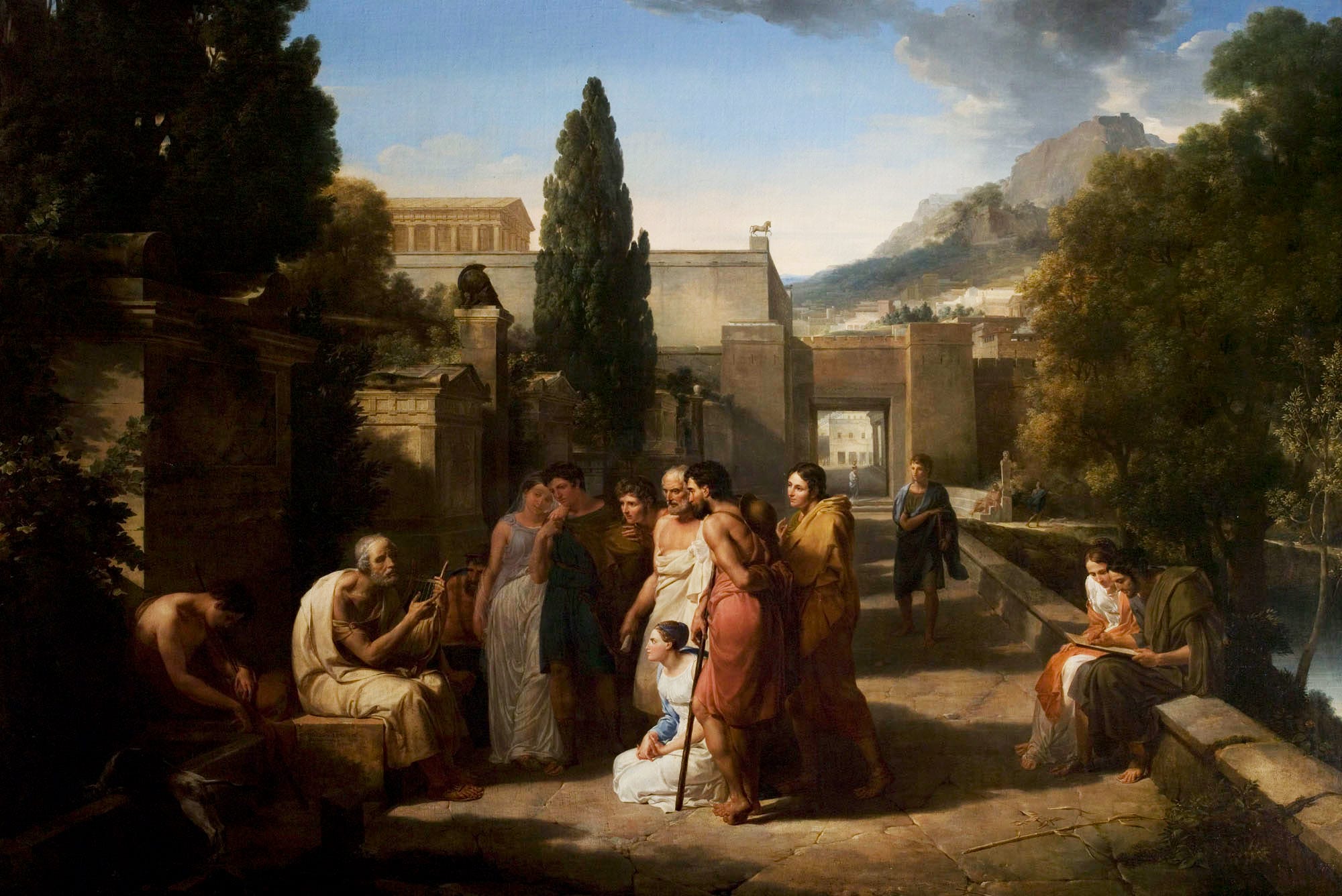
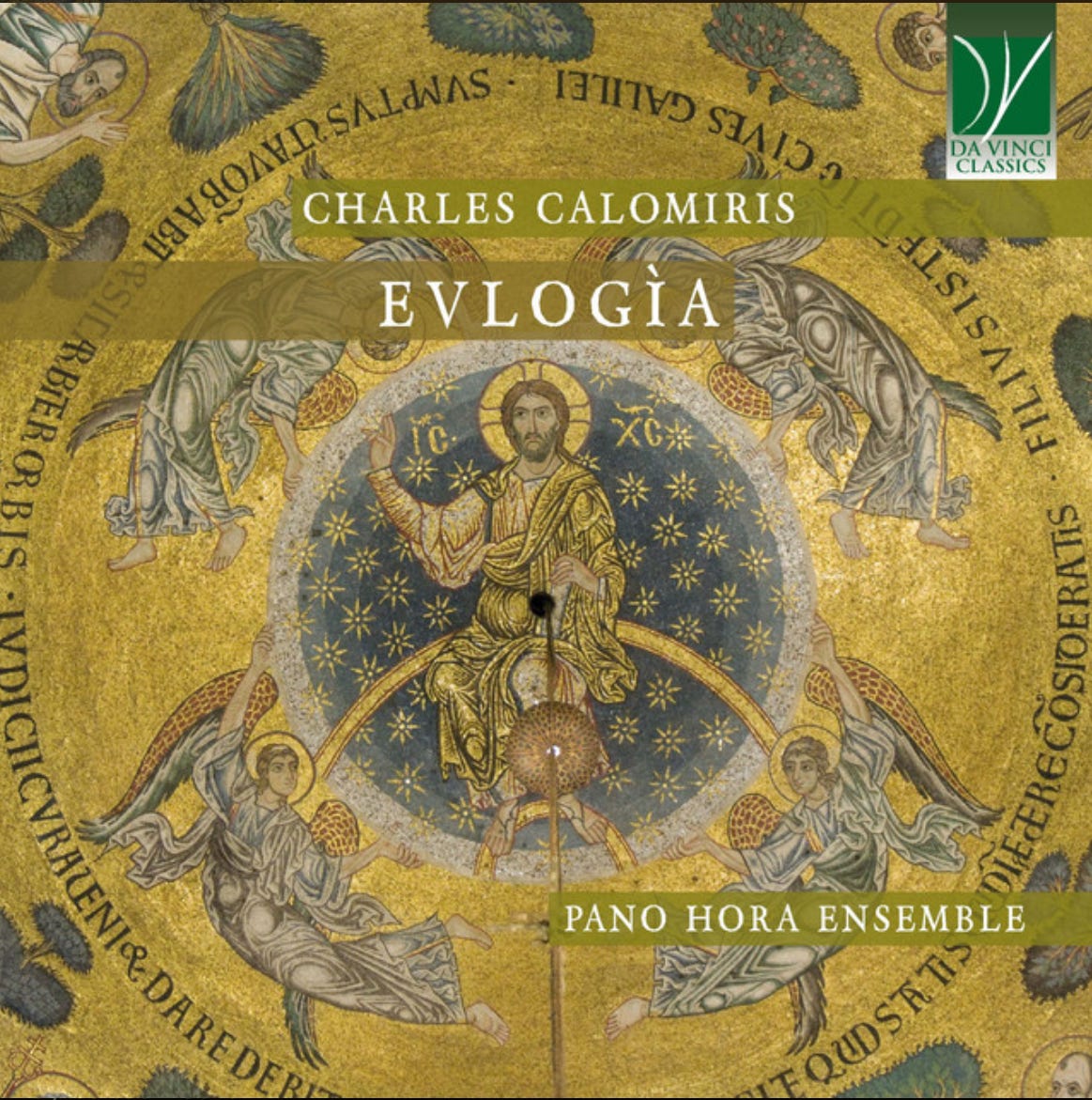


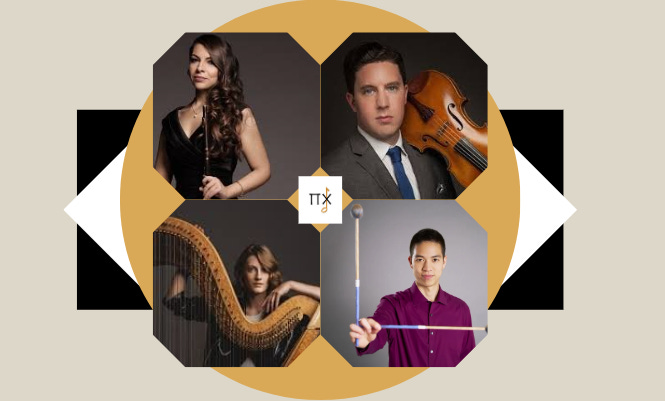


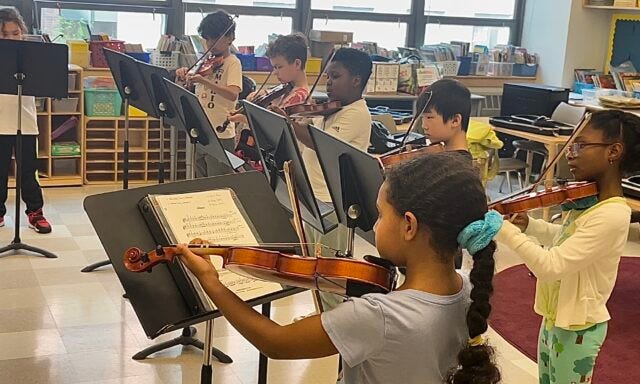
.avif)


.png)


.png)


.png)


.png)




.jpg)
